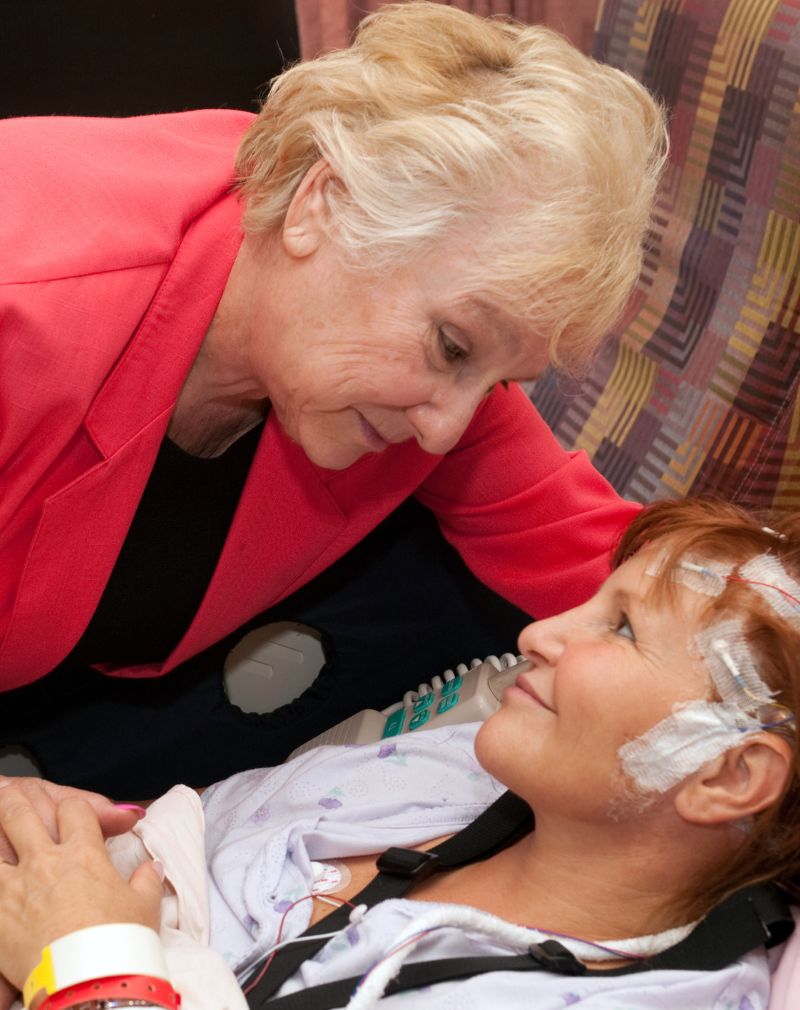The field of medicine is undergoing a profound transformation, thanks in large part to advances in genetics. Dr. Ahmad Hammoud, Consultant Pediatric Neurologist, at American Wellness Center, Dubai Healthcare City, offers invaluable insights into how these advances are reshaping pediatric neurology and, by extension, the broader medical landscape. This post delves into the crucial role genetics plays in diagnosing, treating, and preventing neurological disorders in children, paving the way for a future where medicine is more personalized, predictive, and preventive.
Dr. Ahmad Hammoud, Consultant Pediatric Neurologist, American Wellness Center, Dubai Healthcare City, emphasizes the significance of genetics in pediatric neurology for accurate diagnosis and treatment. Techniques like whole exome and genome sequencing are pivotal in identifying genetic variations, enabling personalized treatment plans and better management of diseases. His approach underlines the transformative impact of genetic advancements in diagnosing conditions like autism and facilitating informed reproductive choices through IVF embryo selection for parents with genetic diseases.
The Integral Role of Genetics in Pediatric Neurology
Pediatric neurology deals with a spectrum of conditions affecting the nervous system and muscles in children. Genetic analysis has become a cornerstone of this field, enabling clinicians to achieve accurate diagnoses and tailor treatments to the individual’s genetic makeup. Dr. Hammoud emphasizes the necessity of genetics in confirming or refuting diagnoses, which is particularly crucial in complex neurological conditions where symptoms may overlap with various disorders.
Understanding Genetic Inheritance
The way diseases are inherited through families is a critical piece of the puzzle in pediatric neurology. Knowledge of genetic inheritance patterns can help predict the likelihood of future offspring inheriting certain diseases. This understanding is vital for parents planning families, especially those with a history of genetic disorders.
Whole Exome and Genome Sequencing: Tools for Today and Tomorrow
Whole exome sequencing (WES) and whole genome sequencing (WGS) are powerful techniques that have revolutionized genetic testing. WES focuses on analyzing all the protein-coding regions of genes, which are where the majority of genetic diseases are triggered. On the other hand, WGS examines the entire genome, offering a more comprehensive view that includes non-coding regions, which can also influence disease risk and treatment responses.
Dr. Hammoud highlights the utility of WES in avoiding misdiagnoses that can occur with traditional genetic tests. By providing a more accurate diagnosis, WES ensures that patients receive the most effective treatments. Moreover, WGS opens the door to preventive medicine, allowing for the identification of disease risks before they manifest, which is particularly promising for conditions like cancer and heart disease.
Personalized Treatment through Genetic Insights
A compelling example of personalized medicine in action is the case of mutations in the PRRT2 gene, which can cause resistance to certain medications. Understanding such genetic nuances enables doctors to tailor treatments to the patient’s unique genetic profile, significantly improving outcomes.
Advancing Beyond Diagnosis to Cure
The advancements in genetic testing are not just about diagnosing existing conditions but also about uncovering the genetic basis of previously misunderstood diseases, such as autism. This knowledge is a stepping stone towards developing targeted therapies that can address the root cause of these conditions.
Reproductive Genetics: A Hope for Future Generations
One of the most heartening applications of genetic medicine is in the field of reproductive genetics. For parents with genetic diseases, technologies like in vitro fertilization (IVF) and preimplantation genetic diagnosis (PGD) offer the possibility of having children free from the familial condition. This not only prevents the transmission of genetic diseases to the next generation but also alleviates the emotional and financial burden on families.
The Horizon of Pediatric Neurology and Genetics
As we stand on the cusp of a new era in medicine, the work of professionals like Dr. Ahmad Hammoud in pediatric neurology exemplifies the incredible potential of genetics in transforming healthcare. From providing precise diagnoses and personalized treatments to preventing diseases before they start, the integration of genetics into medicine heralds a future where healthcare is tailored to the individual’s genetic blueprint.
To conclude, the advancements in genetic medicine are reshaping the field of pediatric neurology and setting the stage for a future where medicine is not just about treating diseases but preventing them and improving the quality of life for all. As we continue to unravel the complexities of the human genome, we move closer to a world where every treatment is personalized, and every preventative measure is precise, heralding a new dawn in the pursuit of health and wellness.



